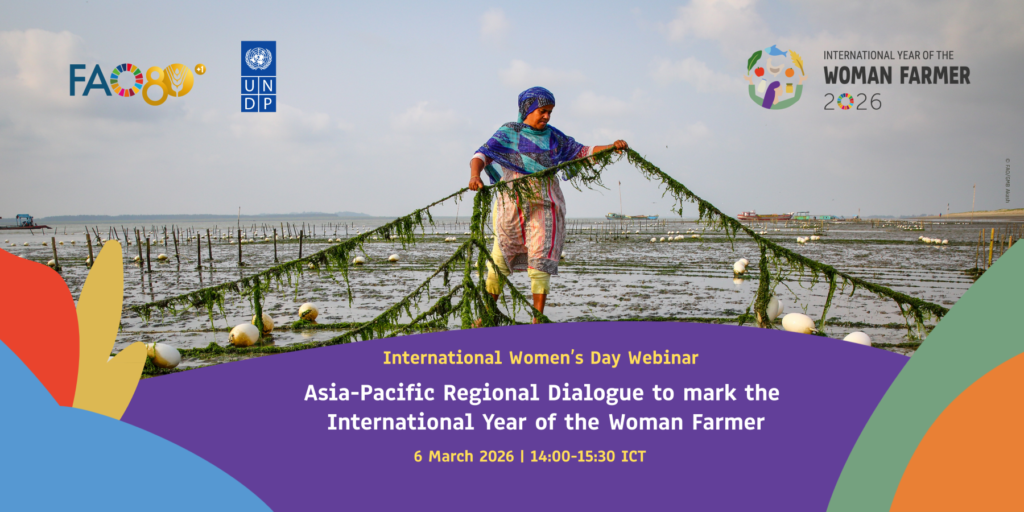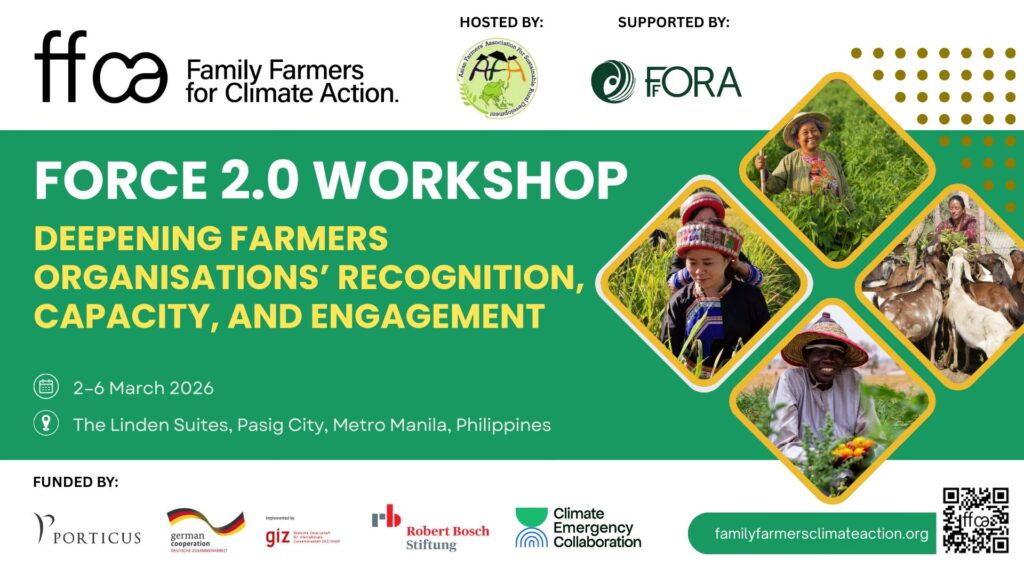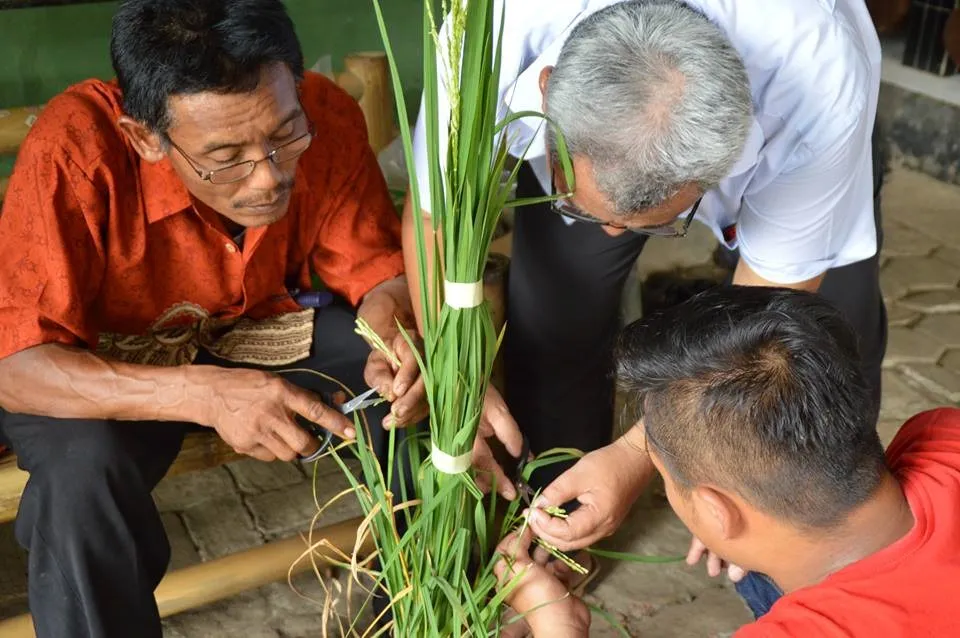
Connecting the Fields: Empowering Family Farmers through Inclusive Rural Communication Services
Across the nations of Asia and the Pacific, Latin America, and Africa, family farmers share the same challenges such as climate change, weak infrastructure, limited access to markets, and weak extension services affecting their livelihoods. What deepens their uncertainties are often from the lack of reliable, relevant, and inclusive communication that leads to information gaps making it hard for these family farmers to adapt, innovate and make their voices heard.
To address these problems, the Food and Agriculture Organization of the United Nations (FAO), through its Communication for Development (ComDev) initiative, organized the UNDFF Forum on Inclusive Rural Communication Services (RCS) for Family Farming in July 2022. They have formulated a Global Action Plan (GAP) promoting a sustained integration of inclusive Rural Communication Services (RCS) into family farming policies and National Action Plans (NAPs). This brought together the three regional communication initiatives — Onda Rural in Latin America, Yenkasa Africa, and ComDev Asia to share experiences, identify challenges, and propose solutions. The results were published in the 2024 report bringing together farming organizations, communication agencies, and development initiatives to bridge the gaps in communication with the aim of providing them with relevant and reliable information, in languages and formats they can easily understand.
Following several case studies, key findings highlight the role and importance of participatory efforts such as MVIWATA FM in Tanzania found that Community Radio is the key to information dissemination in rural areas and support must be given to community radios to have effective interventions. Self-Employed Women’s Association in India (SEWA) shows the importance of gender-inclusive initiatives where they have established that women cooperatives are enablers of meaningful digital interventions. It is also learned through these studies that farmer organizations having appropriate resources such as local media and information and communication technologies (ICTs) is key for RCS, as this promotes inclusive practices.
The results of the report involving the three regional initiatives made it possible for the stakeholders to have a concluded a general consensus on promoting inclusive RCS including through, but not limited to, the following:
- Map the availability, access, and gaps in rural communication services for family farmers through participatory needs assessments.
- Promote knowledge sharing, capacity development, and digital literacy for agricultural practices.
- Build the capacity of farmers’ organizations, regional institutions, and extension workers in providing rural communication services.
The UNDFF forum consolidated three main recommendations that entails the call for government and non-government organizations’ support to guide policy reform especially at the community level with clear mandates and budgets. RCS is urged to be institutionalized and embedded as something necessary — not just optional, when creating national family farming policies providing a suitable framework compatible with the region’s needs. Community media also plays a crucial role in bridging the digital divide providing an inclusive capacity-building for the youth and women. Lastly, enhance partnerships with research institutions and academia, as well as monitoring and documentation to promote sharing of evidence and lessons on effective communication approaches.
To access the full report, click here.
Article contributed by Prishtine Alejandro, ComdevAsia intern.
Source: FAO. 2024. Rural communication services for family farming – Results of a global forum. Rome. https://doi.org/10.4060/cc9520en



